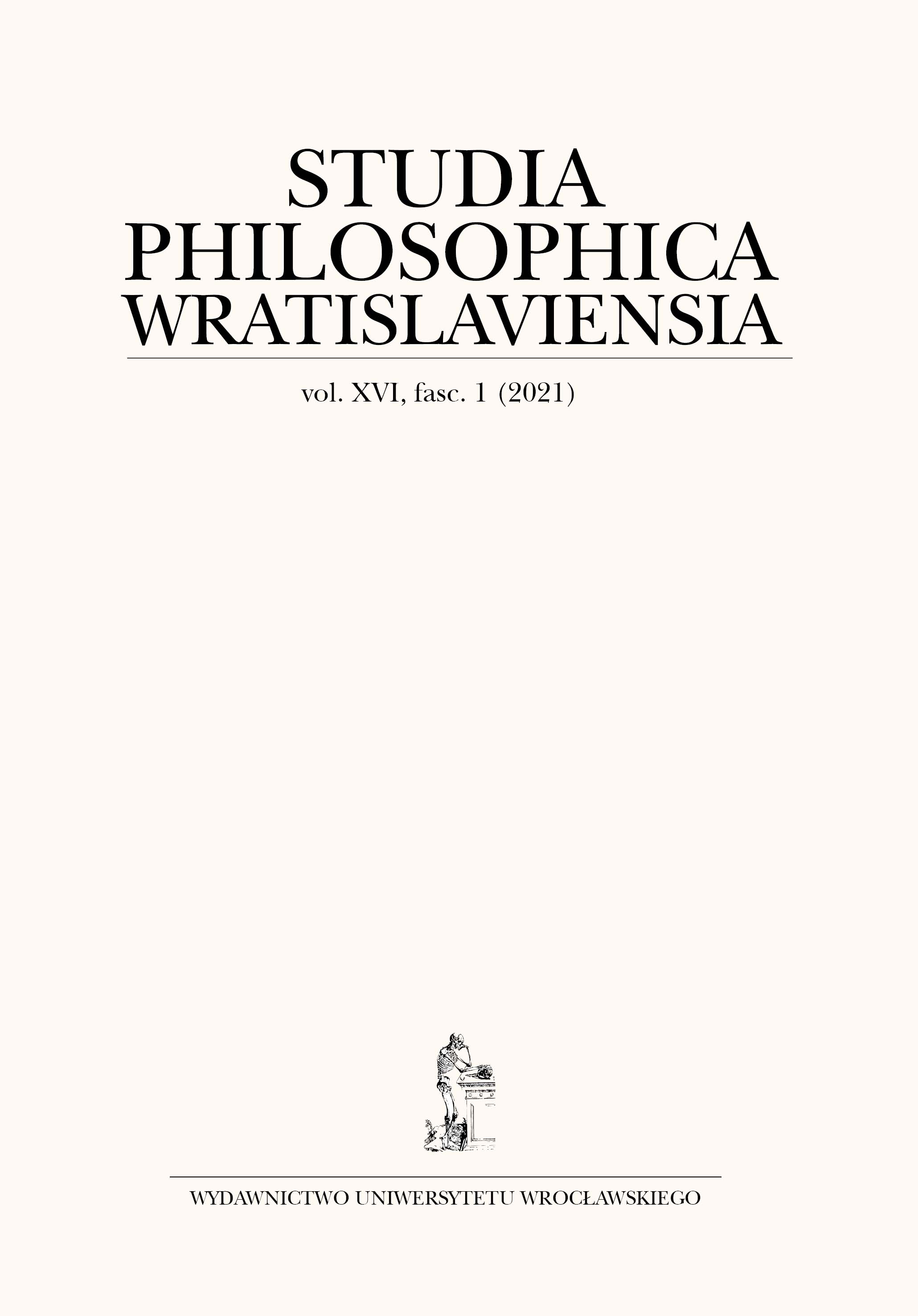

Articles

The aim of this article is the reconstruction, analysis and presentation of Henryk Elzenberg’s philosophy of the human being, with particular emphasis on his concept of asceticism. Elzenberg’s philosophical anthropology is based on the pessimistic evaluation of reality, which itself is founded on the negative evaluation of human nature. Human nature is corrupt because of the primary will of humanity, which is selfish and self-seeking and which strives only for utilitarian values. The overcoming of pessimism is possible by the transformation of self-seeking will, and asceticism is a remedy which enables human beings to see and realise true, perfectionist values. Asceticism can overcome basic instincts, which pull human nature down to the animal-like state of being. In Elzenberg’s philosophical anthropology, asceticism creates culture and culture grants humanity to humans, which is a trope similar to the ancient conception of paideia.